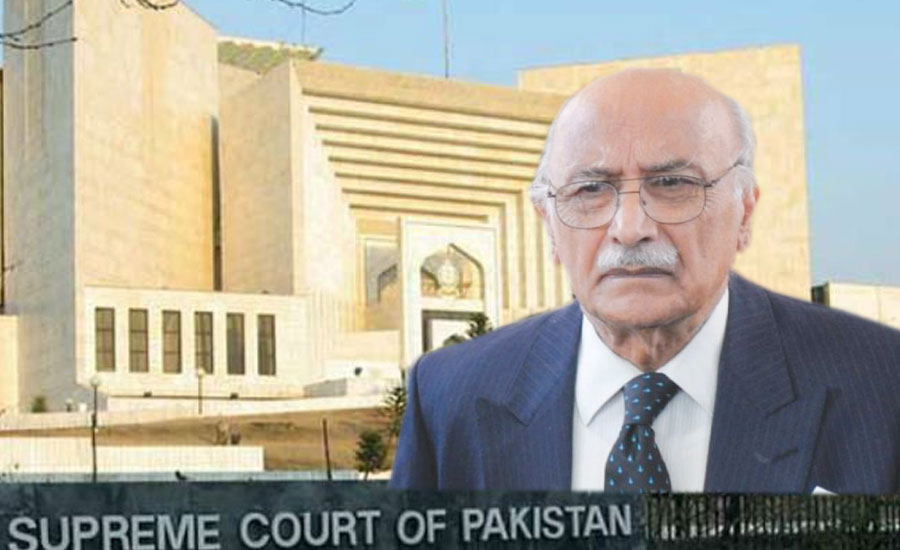SC rejects FIA’s recommendation to close Asghar Khan case

ISLAMABAD (92 News) – The Supreme Court (SC) rejected on Friday the Federal Investigation Agency’s (FIA) recommendation to close the Asghar Khan case.
A two member bench headed by Chief Justice Saqib Nisar heard Asghar Khan case and ordered that the case will continue. The chief justice decided not to close case filed by late air chief marshal Asghar Khan, rejecting the FIA’s recommendation to close the files for lack of evidence.
The top judge remarked that the FIA’s mandate was a criminal investigation and that it had to investigate the 10 politicians named in the case. “The court will not waste the efforts of Asghar Khan. We will seek reply from the FIA and cabinet,” he said.
Meanwhile, FIA Director General Bashir Memon informed the court Six of 10 politicians involved in the Asghar Khan case have died. He said the others have refused to provide their written statements.
“When the time for the actual investigation has begun, you are saying there are roadblocks,” the chief justice told the FIA. “This court is standing with Asghar Khan’s family, he said, adding that it will not let his fight go in vain,” the CJP added.
Later, the hearing was adjourned till January 25.
Earlier in previous hearing, the apex court issued notice to legal heirs of Air Chief Marshal (r) Asghar Khan, seeking their reply on Federal Investigation Agency (FIA) request to close Asghar Khan’s case due to insufficient evident.







